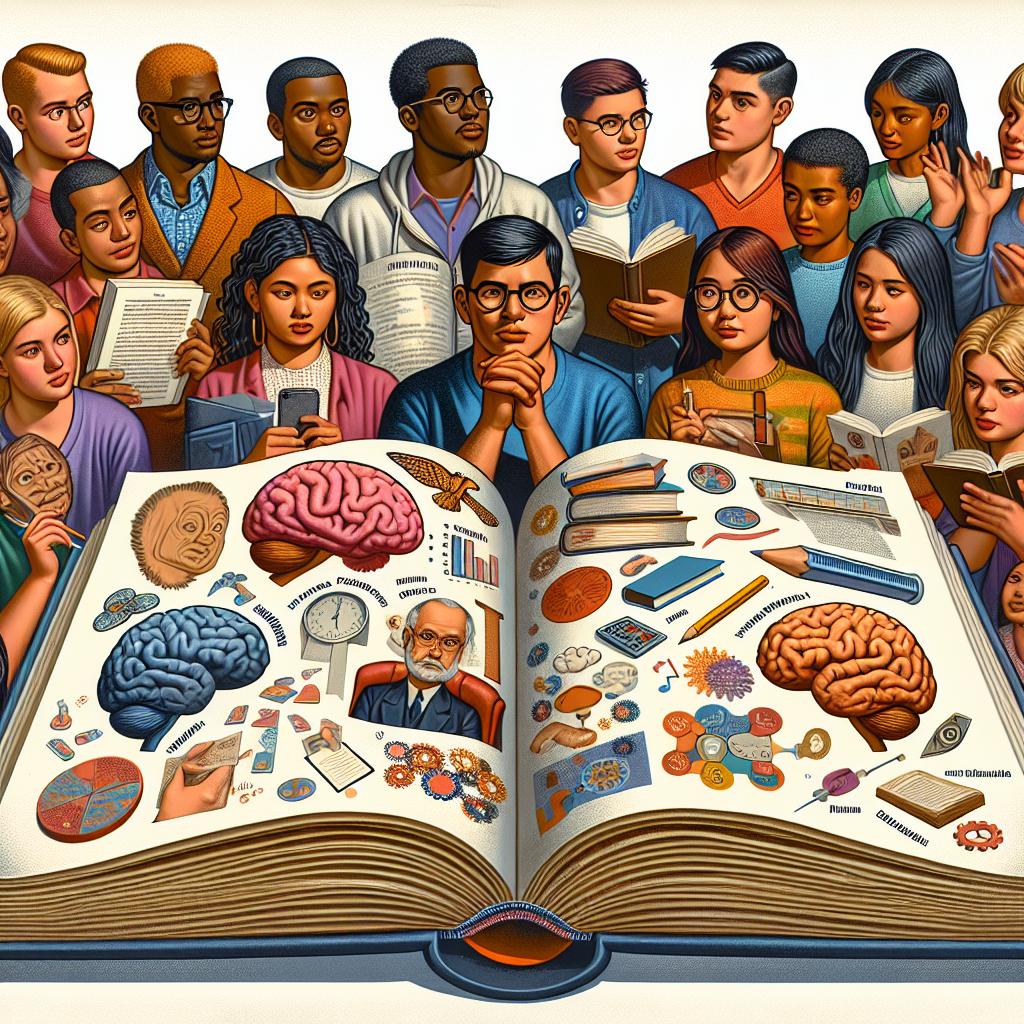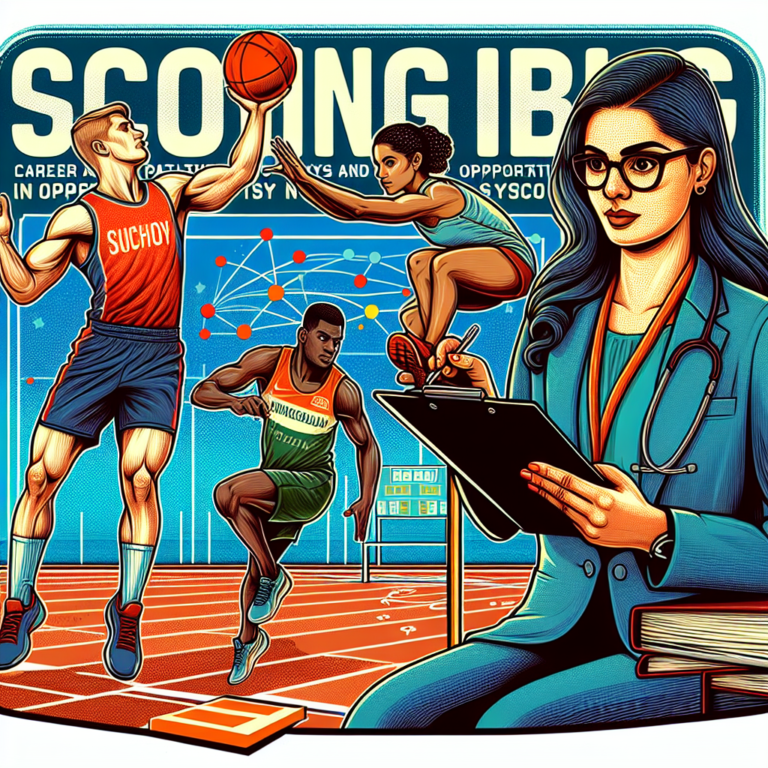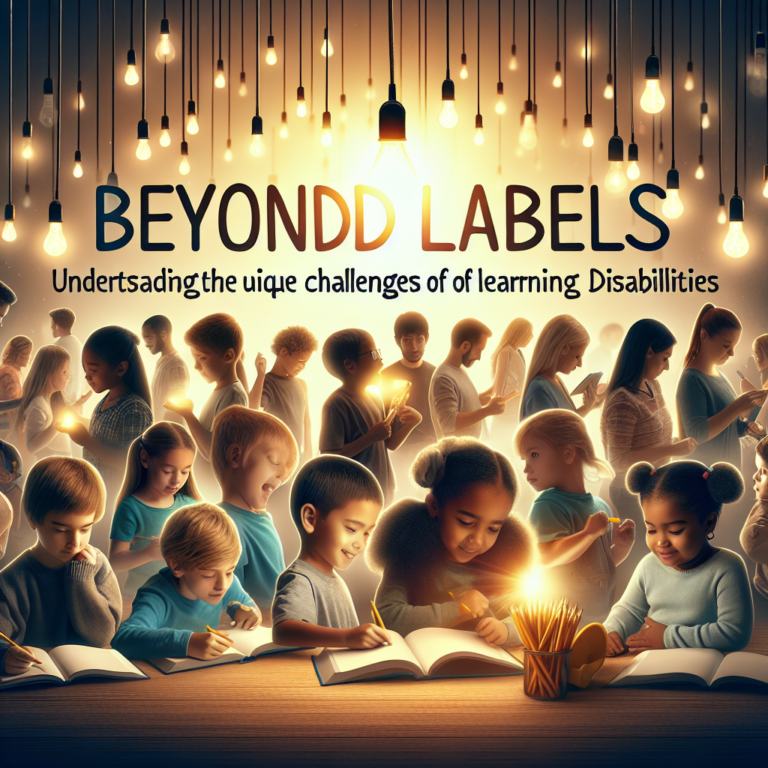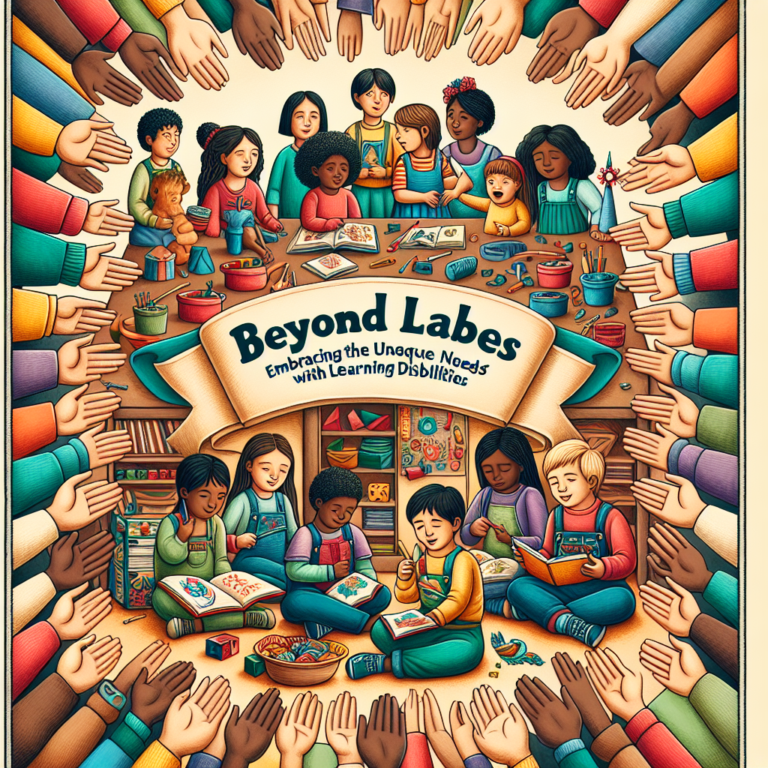
Introduction
In today’s fast-paced world, understanding the intricacies of human behavior is more crucial than ever. A Bachelor’s degree in Psychology not only offers a pathway to a fulfilling career but equips you with essential insights that can enhance your personal and professional life. Exploring the core curriculum: what you’ll learn in a Bachelor’s Psychology program reveals the foundational elements that prepare students for diverse roles in various settings. Whether you aspire to work in clinical environments, educational institutions, or corporate spaces, understanding psychology can transform the way you view yourself and others.
The Psychology Core Curriculum
A Bachelor’s in Psychology typically covers a broad spectrum of subjects designed to provide students with a well-rounded understanding of the field. Let’s delve into the core components.
1. Introduction to Psychology
The first course most students encounter is an Introduction to Psychology. This foundational course lays the groundwork for understanding key psychological concepts, theories, and methodologies.
What You’ll Learn:
- Basic psychological theories (e.g., behaviorism, cognitive psychology).
- Key figures in psychology (e.g., Sigmund Freud, B.F. Skinner).
- Research methods used in psychology, including qualitative and quantitative approaches.
Real-World Application:
In a workplace setting, an understanding of basic psychological principles can enhance teamwork, improve communication, and foster a better organizational culture. For instance, knowing how motivation works can help managers design effective incentives.
2. Developmental Psychology
Developmental Psychology focuses on the growth and change individuals undergo throughout their lives. This course examines various stages of development, from infancy to old age.
What You’ll Learn:
- Theories of cognitive, emotional, and social development.
- Impact of nature vs. nurture on development.
- Key milestones in childhood and adolescence.
Case Study:
Consider the case of a school counselor who implements developmental psychology principles. By understanding the typical challenges faced by adolescents, the counselor can provide appropriate support to students dealing with anxiety or identity issues.
3. Abnormal Psychology
This course delves into the study of psychological disorders and their effects on individuals and society.
What You’ll Learn:
- Classification of mental illnesses.
- Symptoms and treatments of various disorders (e.g., depression, anxiety, schizophrenia).
- The role of stigma in mental health.
Relevance:
Understanding abnormal psychology is crucial for those wishing to work in mental health. Knowing how to recognize signs of distress allows individuals in allied professions, such as teaching or nursing, to refer patients to appropriate services.
4. Social Psychology
Social Psychology explores how individuals interact with one another and how social contexts influence behavior.
What You’ll Learn:
- The concept of group dynamics and social influence.
- The impact of culture and society on individual behavior.
- Key theories such as social identity theory and cognitive dissonance.
Case Study:
A marketing team utilizing social psychology principles can craft campaigns that resonate with target audiences. By understanding social influences, they can create more compelling messages that drive engagement.
5. Research Methods in Psychology
Research Methods is a critical course that equips students with the tools to conduct psychological research effectively.
What You’ll Learn:
- Experimental design, data collection methods, and statistical analysis.
- Ethical considerations in psychological research.
- Interpretation and presentation of research findings.
Application:
This knowledge is invaluable for students wishing to pursue a career in research, as it allows for the collection of meaningful data that guides future studies or interventions.
6. Cognitive Psychology
Cognitive Psychology focuses on mental processes such as perception, memory, and problem-solving.
What You’ll Learn:
- Theories of cognition and information processing.
- How cognitive biases affect decision-making.
- The role of memory in learning.
Relevance:
In educational settings, understanding cognitive psychology can aid teachers in developing effective instructional strategies that enhance student learning and retention.
7. Biological Psychology
Biological Psychology examines the relationship between biology and behavior, emphasizing the impact of the brain, hormones, and genetics.
What You’ll Learn:
- Neuroanatomy and neurophysiology.
- Impact of biological processes on behavior and emotions.
- Psychopharmacology and treatment of psychological disorders.
Case Study:
A neuropsychologist studying brain activity can uncover how various neurotransmitters affect mood disorders. This knowledge can lead to more effective treatment options for patients.
8. Ethics in Psychology
This essential component of the curriculum teaches the ethical considerations psychologists must navigate when conducting research and providing therapy.
What You’ll Learn:
- Ethical principles and guidelines established by entities like the American Psychological Association (APA).
- Informed consent and confidentiality.
- Ethical dilemmas in practice.
Application:
Psychologists who prioritize ethics contribute to the integrity of the field, ensuring that clients receive respectful and fair treatment.
Faculty Insights and Student Engagement
Engaging Learning Environments
One of the unique features of a Bachelor’s Psychology program is the emphasis on experiential learning. Many programs incorporate:
- Interactive Seminars: Encouraging students to discuss real-world scenarios and case studies.
- Internships: Providing hands-on experience in various psychological settings, from clinics to research labs.
These elements help students apply theories learned in class to practical situations, reinforcing the core curriculum.
Faculty Expertise
Faculty members play an essential role in the educational journey. Engaging with experienced professors who bring real-world insights into their teaching enhances the student experience. Their guidance often leads to networking opportunities and research collaborations.
Career Pathways: Beyond the Classroom
A Bachelor’s degree in Psychology opens doors to various career paths. Here are a few prominent options:
1. Clinical Psychologist
After further education and training, graduates can become licensed clinical psychologists, working directly with clients to address mental health issues.
2. Human Resources Specialist
Psychology graduates can find rewarding careers in HR, applying their understanding of human behavior to recruit, train, and manage talent.
3. Market Research Analyst
With a solid background in research methods and social psychology, graduates can excel in market research, using psychological principles to analyze consumer behavior.
4. Rehabilitation Counselor
These professionals assist individuals facing disabilities or challenges, helping them navigate their career or personal goals.
5. Academic Researcher
For those interested in further education, pursuing a Master’s or Ph.D. can lead to academic and research positions, shaping future studies in psychology.
The Value of Networking and Community Engagement
Engagement outside the classroom, whether through clubs, volunteer opportunities, or professional organizations, is essential. Many universities encourage students to participate in psychology clubs or community service projects, fostering connections that can enhance future job prospects and personal growth.
Conclusion
Exploring the core curriculum: what you’ll learn in a Bachelor’s Psychology program unveils an abundance of opportunities for personal and professional development. The essential knowledge and skills you acquire pave the way for diverse career paths, enabling you to make a meaningful impact in your chosen field. By understanding the intricacies of human behavior, you not only enhance your own life but also contribute positively to the lives of others.
As you embark on this educational journey, remember that the insights gained from a Bachelor’s in Psychology are invaluable, empowering you to both understand yourself and support those around you.
FAQs Section
1. What are the admission requirements for a Bachelor’s in Psychology program?
Admission generally requires a high school diploma, letters of recommendation, and a personal statement. Some programs may also require standardized test scores.
2. Is a Bachelor’s in Psychology sufficient to start a career in mental health?
While a Bachelor’s degree provides foundational knowledge, a master’s degree or higher is typically required for clinical roles. However, many entry-level positions in human services are available with a Bachelor’s degree.
3. Can I specialize in a specific area of psychology during my Bachelor’s program?
Many programs offer elective courses in areas such as child psychology, forensic psychology, or industrial-organizational psychology, allowing you to tailor your education to your interests.
4. How much can I expect to earn with a Bachelor’s in Psychology?
Entry-level positions can vary widely in salary, ranging from $30,000 to $45,000 a year, depending on the role and industry.
5. What skills will I gain from a Bachelor’s in Psychology?
Students can expect to develop critical thinking, communication, research, and analytical skills—tools essential for various careers.
By bridging theoretical knowledge with practical application, the core curriculum of a Bachelor’s Psychology program equips you not just to understand the workings of the human mind, but to actively engage with the world around you.
















